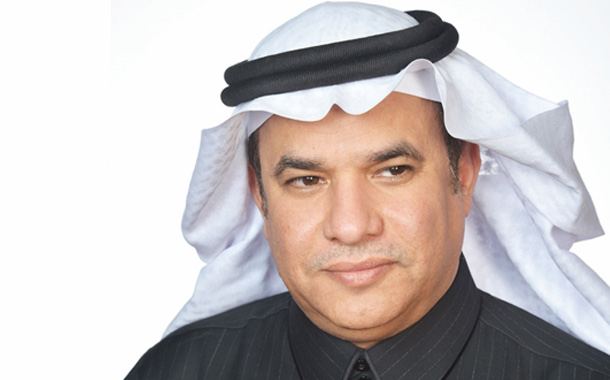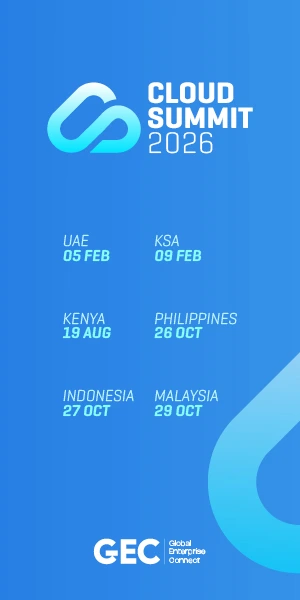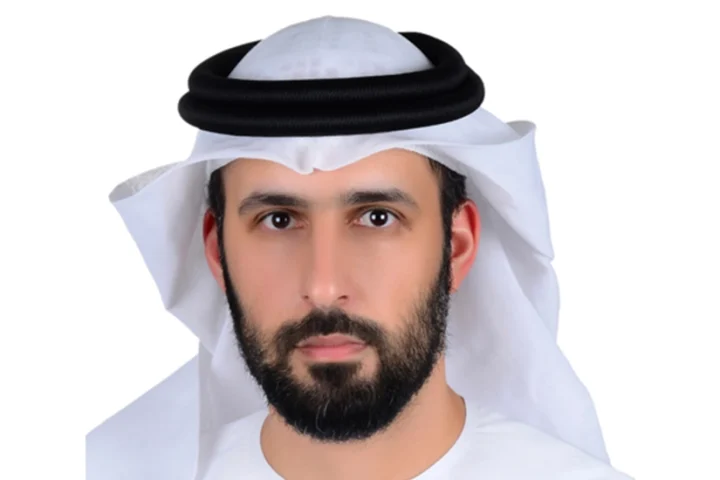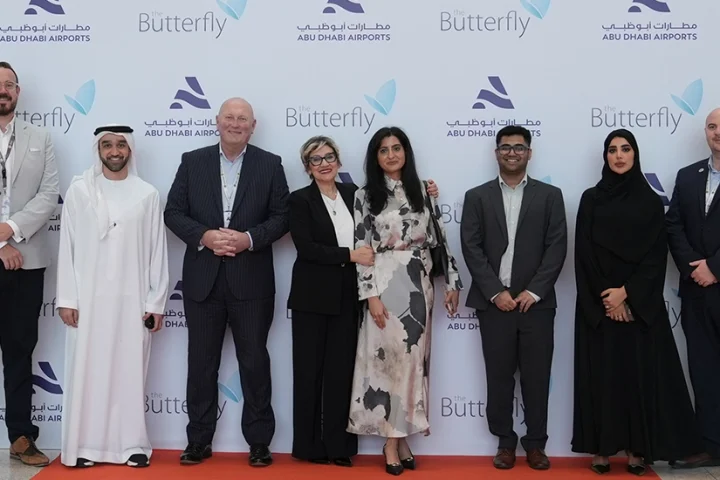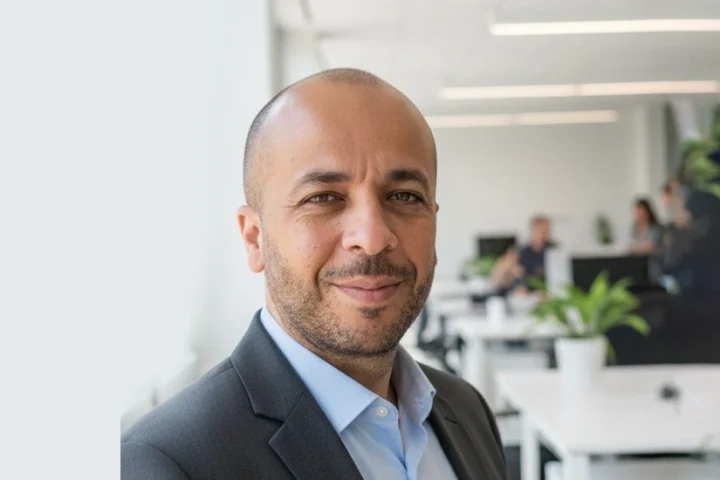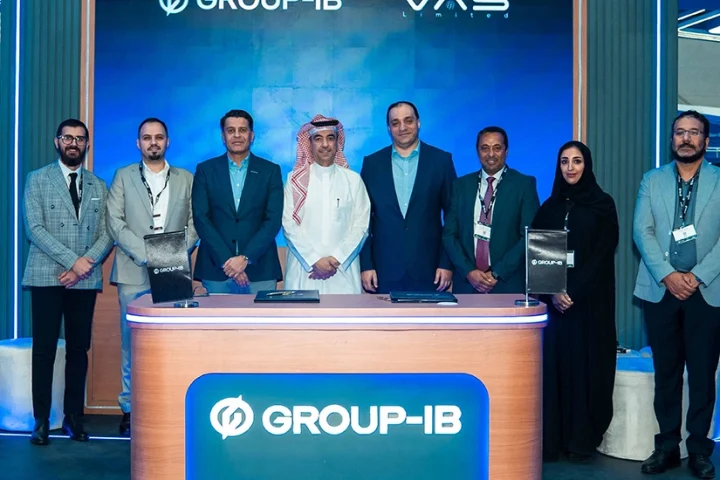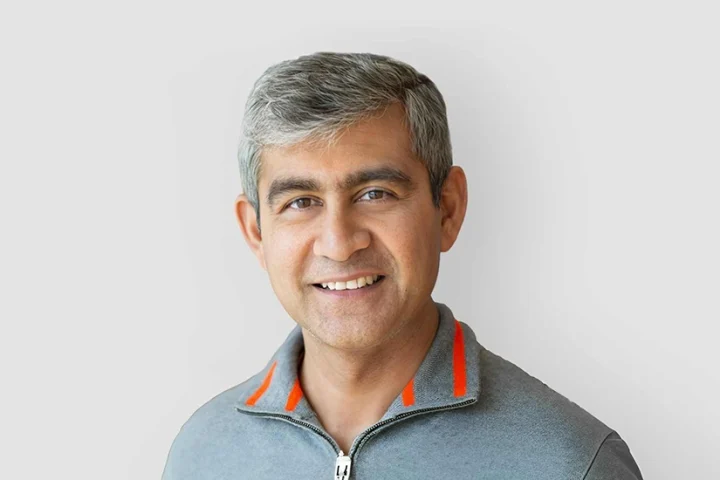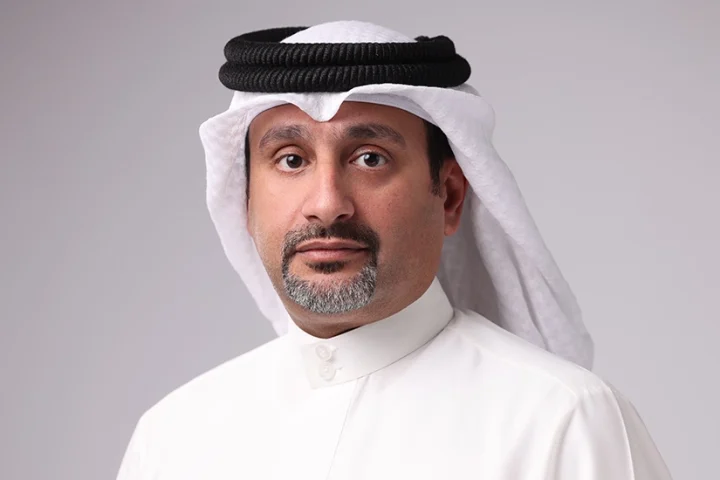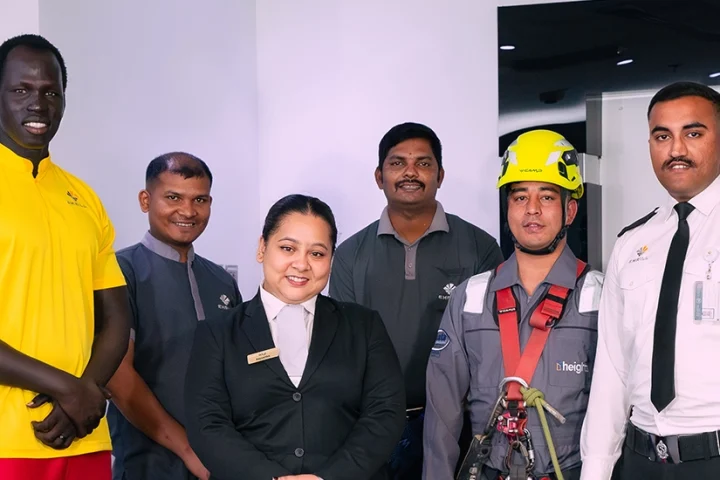Tell us about your initial interaction with Technology. When did you realize that the passion for IT runs in your veins?
My first interaction with technology was when I had the Atari 2600 console video game with joystick. Two years later that video game evolved into an Atari 130XE which had a tape drive and a 5 1/4” drive. This kind of advancement in technology had brought to my attention that technology will keep developing and never stop. During that time, I started to learn more about this new technology and I was following up the newest and updates of those technologies. I remember the first personal computer I bought back in 1985 and it was an IBM portable computer. It came with a BASIC programming interface and an interpreter, so it was also the first computer that I did any programming on. What I loved about programming was the ability to make the computer do things like manipulating text, graphing graphics from text characters, etc.
Talking about the year when you began your career and all the way to 2017… how has the various roles and responsibilities that you shoulder shaped your passion?
I believe that we all must have certain experiences before our passion can be revealed. I simply could not have been a successful CIO before having had many years of experience as an employee, manager, a leader, an advisor, an instructor, and more. I drew from the best of all experiences, personal and professional, the result is a commitment to living and working my passion. When I am involved with a project at work, I want to do my best to achieve success.
I started my professional career with Royal Saudi Air Force (RSAF) where I engaged and led a number of critical ICT projects for major organizations in RSAF and Ministry of Defense and The Royal Guard. During that time, the government organizations were supporting the efforts of building the new information infrastructure and automation in the kingdom. Fortunately, I was part of that effort. After 8 years of service, I decided to focus more on learning because I believe that education is the main sources of successful career. I had the opportunity and support from my work to pursue my graduate education in the USA. In 2003, I received the PhD in information technology from George Mason University. The experience of undertaking a doctorate had already enabled me to be more passionate, innovative and influential at work, and supported me to play a key role in changing cultural and organizational practice in the workplace in different organizations and in different domains. In September 2015, I joined the Ministry of Environment, Water & Agriculture, Saudi Arabia, as Advisor to the Minister and Chief Information Officer (CIO). I played a key role with my colleagues in the continued development of the Ministry, serving as an integral and strategic member of its senior management team. I was primarily responsible for the management of the Ministry’s present and future information & communication technology services position, and building a strong and capable team to support the Ministry’s vision to achieve sustainability of environment and natural resources, ensure water security, contribute to achieving food security, and improve quality of life in KSA.In summary, education certainly has shaped my passion, and I have learned three essential skills that shape the person I am today: reading, questioning, and critical thinking.
You have been instrumental in developing key strategic plans for various organizations with Digitization as the center. Which has been your most interesting or challenging phase in the journey?
The “Information Technology Strategic Plan 2016-2020, Ministry of Environment, Water & Agriculture”, is the most challenging task, according to the time constrains, the critical mission of the Ministry (water, food, and environment), alignment with National Transformation Plan 2020, and the size of the organization. The vision of the strategic plan is to support the achievement of sustainability in environmental & natural resources, ensure water security, contribute to achieving food security, and improve quality of life in Kingdom of Saudi Arabia.
You have been the CIO and Advisory board of nearly all the major and critical government organizations in the kingdom? What has your experience taught you?
We need always to check our requirements. I believe that everyone is in agreement with difficulty of defining requirements correctly and completely. However, effective communication is a key factor in successful requirements discovery. Research indicates that 40 -60 percent of projects failures can attributed to requirements that were specified incorrectly. These difficulties may lead to uncertainty about requirements. Uncertainty in requirements comes in a variety of forms, such as instability, diversity, and analyzability. These types of requirements often reflect on poor understanding of the business process, insufficient details for engineers to do their tasks, and insufficient feedback from stakeholders over life cycle of the project.
Talking about the cyber security landscape of the region, how grave or worrying is the situation?
As technologies advance, and also our increasing dependence on technology and web based communication, the risk of cyber-attacks is becoming greater. Over the past several years, and recently, we have seen incidents attacking variety of organizations, public and private. Another danger posed by group of hackers on a global scale is represented by the possibility of cyber-attacks against critical infrastructure, such as gas pipelines, water facilities, and smart grids. The issue is that the majority of processes in modern infrastructure are controlled by SCADA systems that were exposed on the Internet for maintenance purposes without the necessary attention to the cyber security. These kind of attacks could have a severe impact for the new model of the Internet of Things (IoT), and poorly configured IoT devices could be exploited by hackers to compromise the software they run.The rise in cybercrime has occurred despite of heavy investment in cyber protection, and the adoption of various measures including legislation.
Talking about the kingdom specifically, what kind of vulnerabilities still exist and how the region is stepping up in the game?
New cyber-attacks in the world have exposed a growing number of cybersecurity vulnerabilities, which they come in different types, such as, software bugs, broken processes, ineffective controls, hardware defects, human error, etc…
Saudi Arabia has recognized this issue and challenging, and has taken measures to strengthen its Cyber security to enhancing the cyber-defense capabilities. Recently, Saudi Arabia established a new authority to combat cyber threats. The authority began its regulatory and operational tasks in the area of cyber security by enhancing network protection, IT systems, operating systems, hardware and software components, services and data.
Your profile says that you have achieved more than double growth in E-Government services and transactions, according to the 2017 report by “Yesser” (the national e-Government organization) where the e-services rose from 38% in 2015 to 79% in 2017. Tell us more about it?
This achievement was one of the objectives of the information technology strategic plan developed for the Ministry of Environment, Water & Agriculture. The strategic objective was to improve the rank of the Ministry from a low rank to a higher rank. This effort reflects the needs of the ministry to ensure the IT capabilities are responsive to the needs of the organization’s growth and objectives. The main purpose of the project is to enable everyone to use the organization’s effective services, in a secure integrated network and ease of use, through various electronic channels. So, we set the action plan, built the right team, applied gap analysis methodology by assessing the current position, built the business case, and linked e-service requirements to business, which ultimately transform the culture. This achievement has been considered as distinguished achievement because of passing successfully four main scale categories in two years.
You have over 3 decades of experience in executive IT leadership; you have seen major ups and downs of the market. Based on that what would be your advice to— first, the next generation of ITians and second, the next generation of service providers?
According to the challenges today in the market, my advice is to have in consideration the importance of taking customer expectation at the top of all levels, specifically, the delivery of products and services. For service providers, I suggest the following: Build on flexible scale-out storage, your applications and volume performance is completely controlled and predictable, and automate almost all manual tasks.


